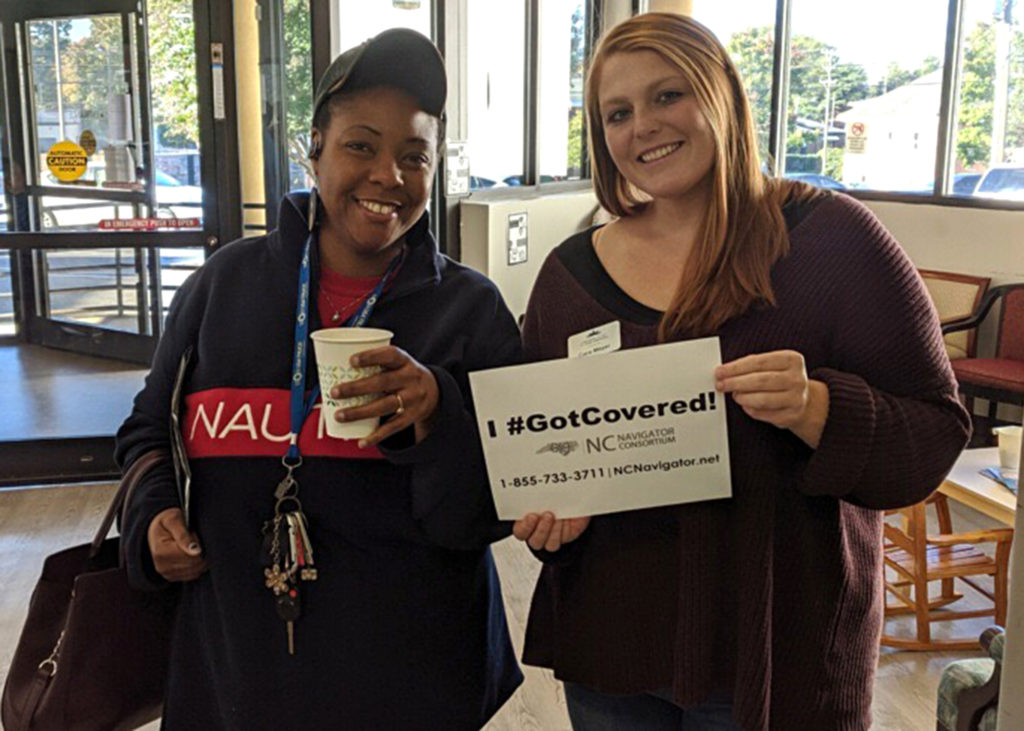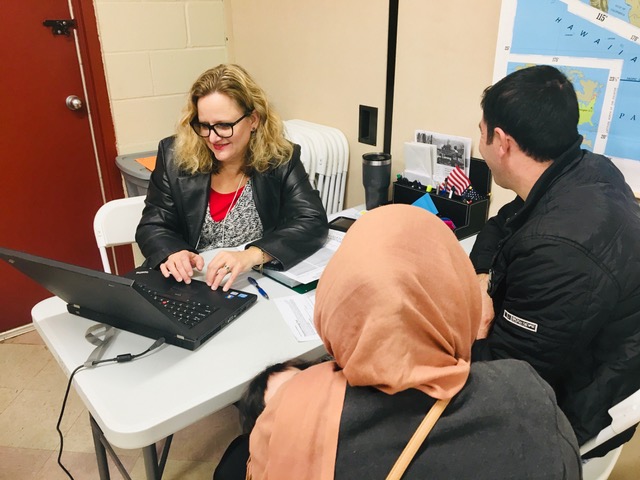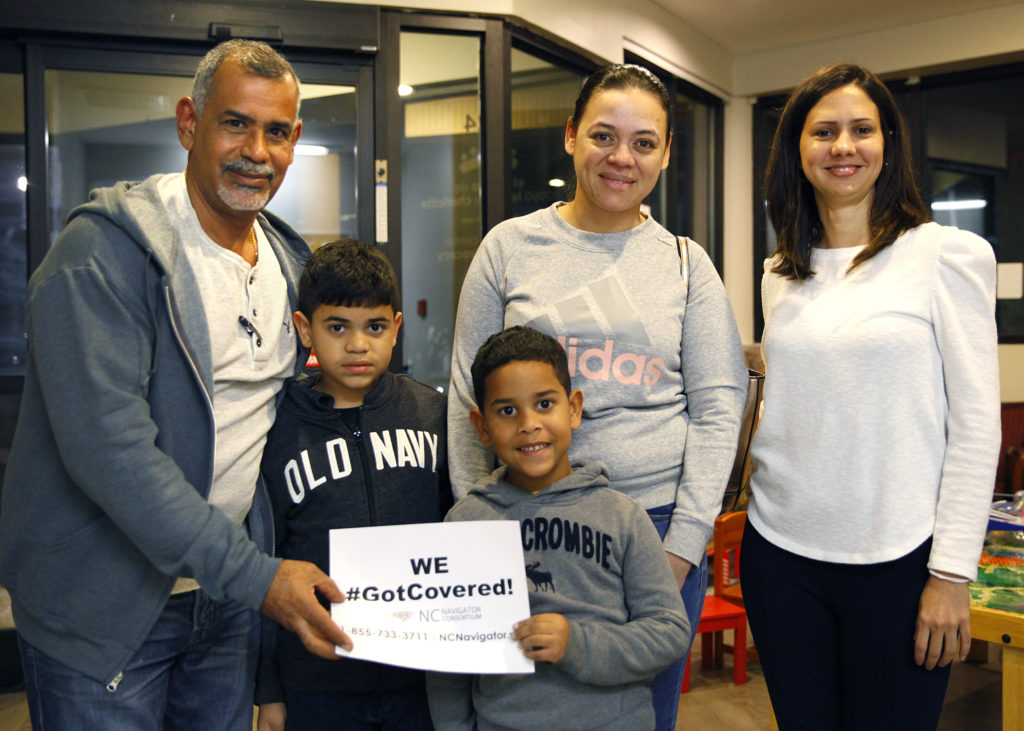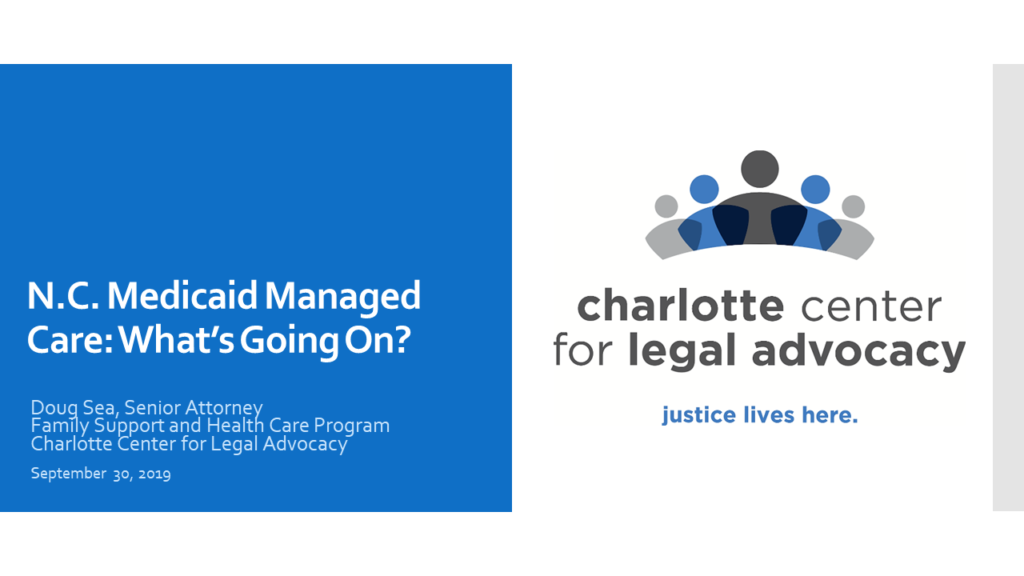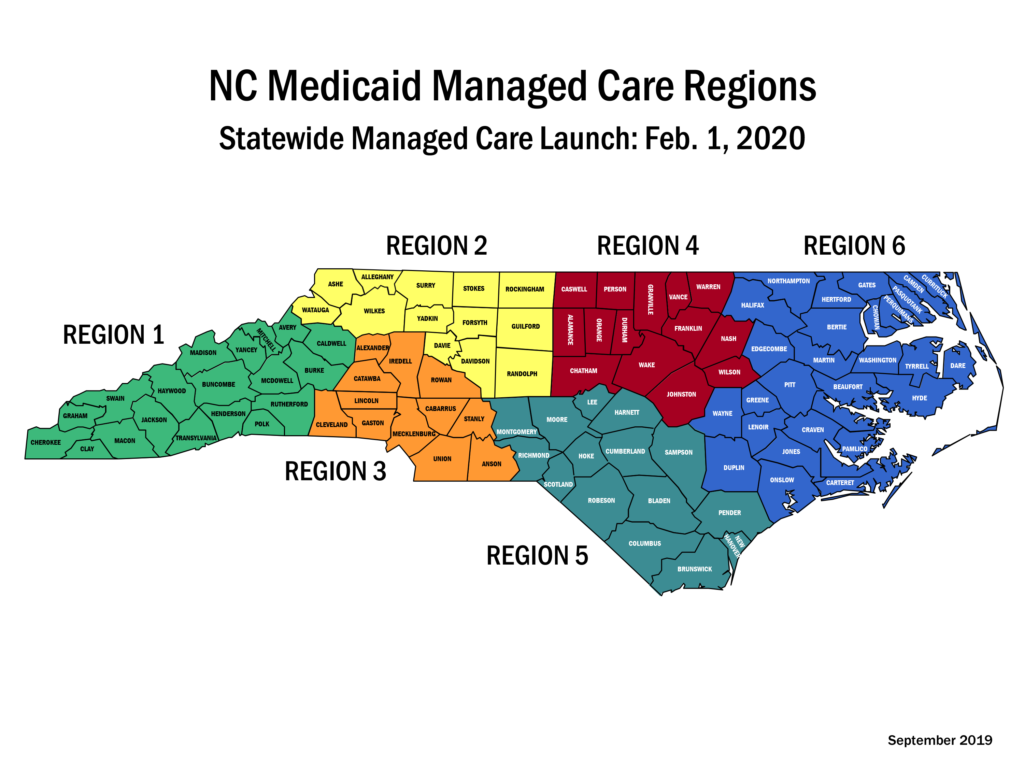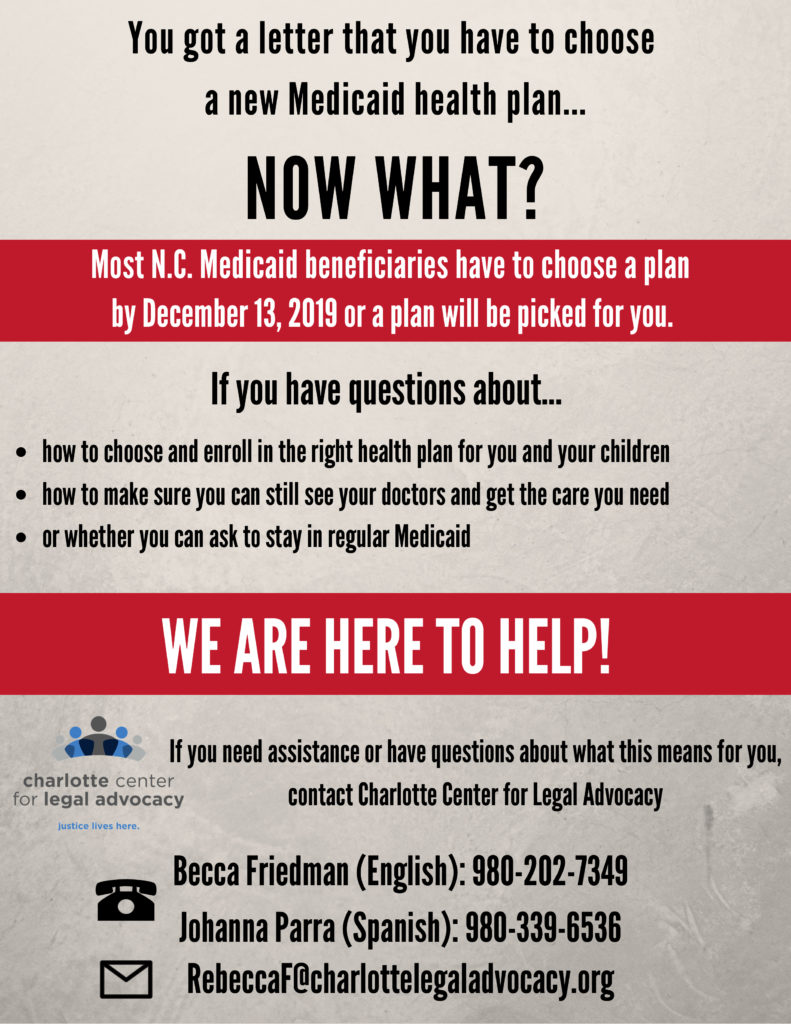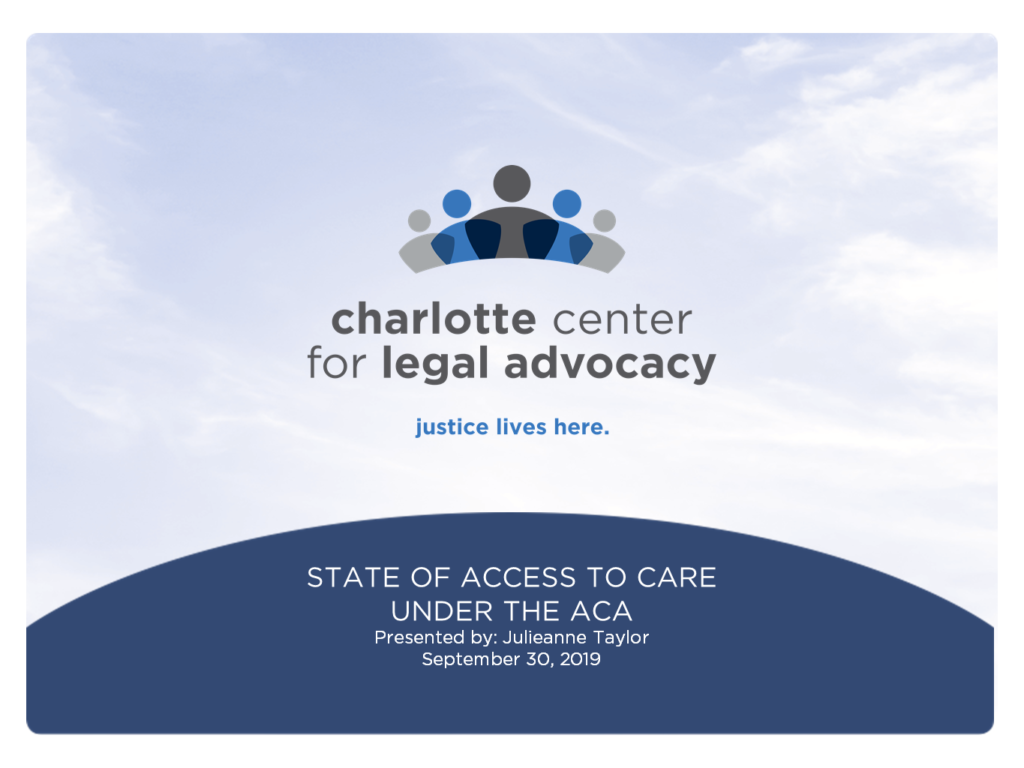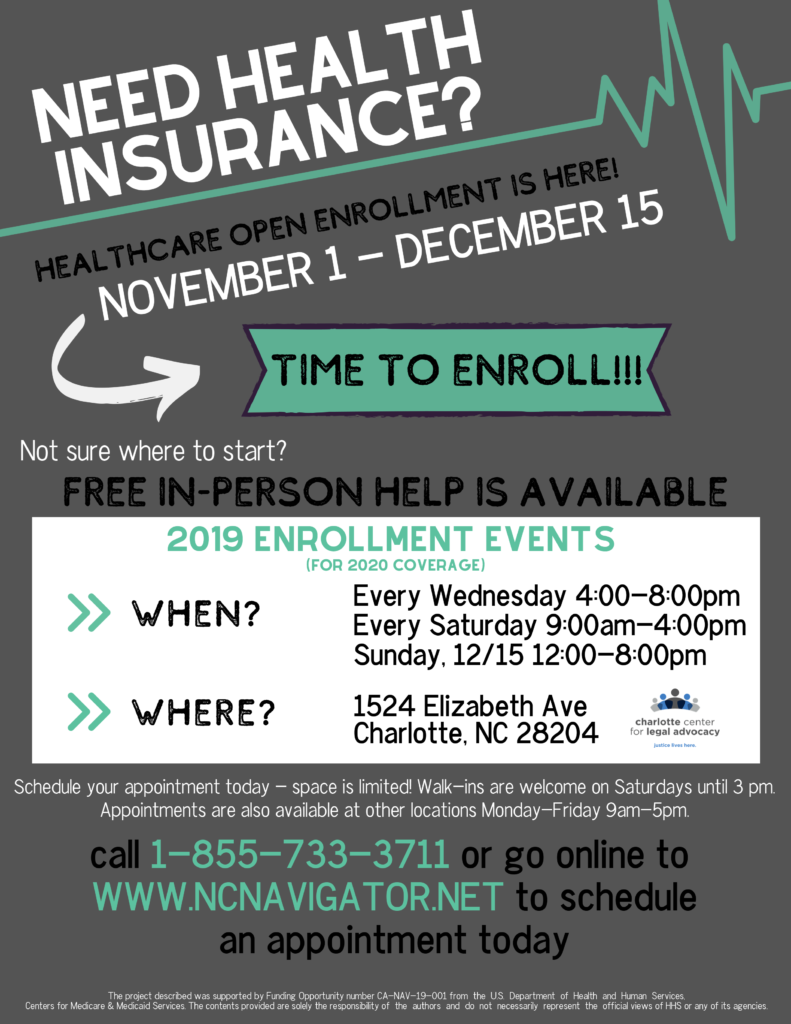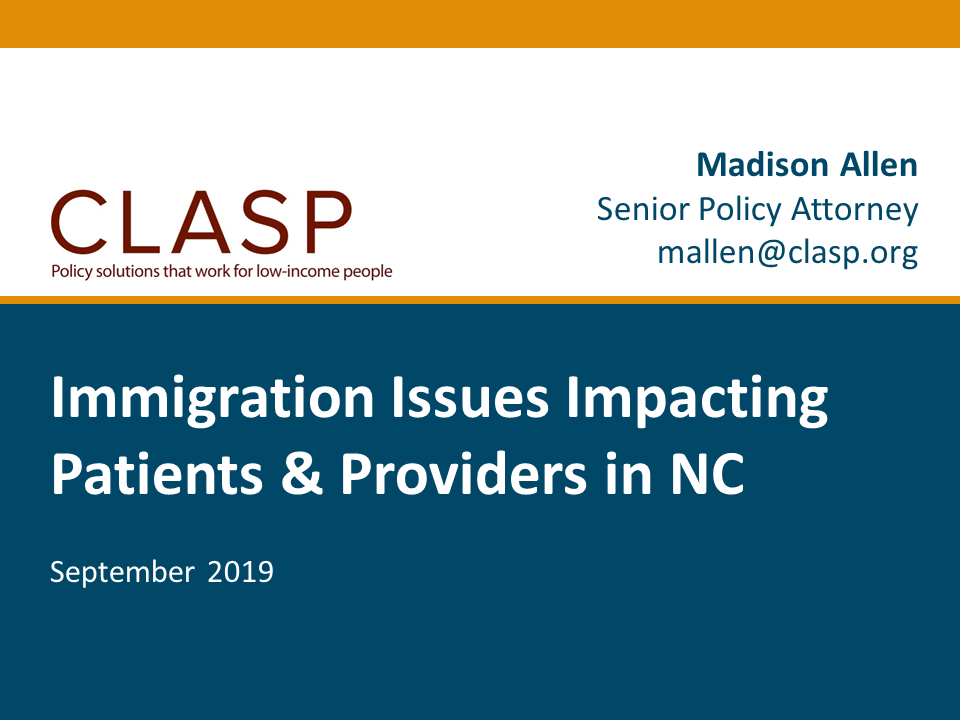What you need to know about Special Enrollment Periods
The Marketplace deadline to enroll in or change health insurance plans ended on January 15, 2022 for most people. You still may qualify for a Special Enrollment Period to enroll in Marketplace coverage if you experience certain life changes. You may also be eligible to enroll for coverage through Medicaid or the Children’s Health Insurance Program all year long.
Read more to learn who is eligible and contact a Health Insurance Navigator for help!
Frequently Asked Questions
You may qualify if:
You or anyone in your household in the past 60 days:
- Got married
- Had a baby, adopted a child, or placed a child for foster care
- Got divorced or legally separated and lost health insurance
You changed your residence:
- Moved to a new home in a new ZIP code or county
- Moved to the U.S. from a foreign country or United States territory
- If you’re a student and moved to or from the place you attend school
- If you’re a seasonal worker and moved to or from the place you both live and work
- Moved to or from a shelter or other transitional housing
You lost your health insurance:
- You or anyone in your household lost qualifying health coverage in the past 60 days
- You or anyone in your household expects to lose coverage in the next 60 days
- You lost health insurance since 1/1/2020
Important note: You only have 60 days to enroll in Marketplace coverage after one of these changes has occurred.
You may now qualify if your estimated annual household income is at or below 150% Federal Poverty Level (FPL).
If you are an immigrant not eligible for Medicaid due to your immigration status, you may still qualify for this Special Enrollment Period even if your income is below the 100% FPL. Household income limits will vary depending on the number of members of a household.
To qualify, a person must have an annual projected income that is at or below 150% of the Federal Poverty Line:
| Number in Household | Annual Household Income |
| 1 | $19,320 |
| 2 | $26,130 |
| 3 | $32,940 |
| 4 | $39,750 |
| 5 | $46,560 |
| 6 | $53,370 |
| 7 | $60,180 |
| 8 | $66,990 |
If you are a household of one, and your projected income in 2022 is between $12,880 and $19,320, you may be eligible to enroll in Marketplace now or change plans if you are currently enrolled in a Marketplace plan.
If you are a household of four, and your projected income in 2022 is between $26,500 and $39,750, you may be eligible to enroll in Marketplace now or change plans if you are currently enrolled in a Marketplace plan.
If you are an immigrant not eligible for Medicaid due to your immigration status, and your income is below $19,320 (for a household of one), you may be eligible to enroll in Marketplace now or change plans if you are currently enrolled in a Marketplace plan.
Beginning March 22, consumers are able to enroll through this Special Enrollment Period at HealthCare.gov or cuidadodesalud.gov or by calling the Marketplace Call Center at 1-800-318-2596 (TTY: 1-855-889-4325) for enrollment help.
A person who enrolls in Marketplace coverage using a Special Enrollment Period will be covered the first day of the month following plan selection, no matter what day you apply.
Medicaid: People with low income, including individuals, families and children, pregnant women, older adults, and people with disabilities, may qualify. If eligible, you can apply any time.
Children’s Health Insurance Program (North Carolina Health Choice for North Carolina residents): helps children in households that earn too much money to qualify for Medicaid, but not enough to buy private insurance.
Need help enrolling in a Special Enrollment Period, Medicaid, or the Children’s Health Insurance Program?
Health insurance navigators are ready to help! Visit NCNavigator.net, call 855-733-3711, or 980-256-3782 in Mecklenburg, Cabarrus, or Union counties to schedule a free appointment!


